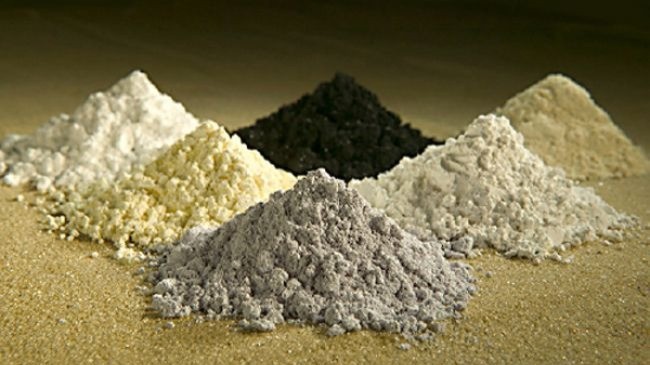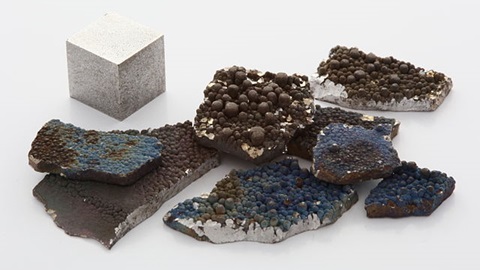Climate: 'The most effective way of reaching the Paris Agreement would be variable price business models'
By Laurent BABIKIAN.
To achieve the Paris Agreement, greenhouse gas emissions (GHG) would have to fall by around 4% a year until 2050, compared with the current global increase of 1.2% a year.
By way of comparison, they fell by 7.6% when the world came to a halt during Covid in 2020. If we want to achieve carbon neutrality by 2050, we need to put capitalism at the service of this objective by placing collective interest and the 'commons' above individual interest.
In fact, by seeking to maximize value-creation for one category of stakeholders – shareholders – neoliberalism ends up disservicing all the others by remunerating them at a much lower relative value and does not allow Corporate Social Responsibility (CSR) to play its original role as a social and environmental stabilizer.
According to the Janus Henderson Global Dividend Index, which measures dividends paid by the world's 1,200 largest listed companies, 2023 was a record year for profits, dividends and share buybacks. At the same time, with a rate of 6% in January 2024, European unemployment reached its lowest level for decades. Germany (3.1%) and the Netherlands (3.6%) have even reached full employment. However, according to Eurostat, the rate of people at risk of poverty was 22% of the European population in 2022, and this rate was even 25% among young people.
All time-high profits
In short, Europe is close to full employment and, despite this, the number of people at risk of poverty is very high. This means that even when people are working, they are getting poorer, while companies are making record profits. How can companies be proud of their CSR [Corporate Social Responsibility] commitments under these conditions?
In fact, it simply means that work is not being paid at a fair price and that it is high time to reflect on its true value in a social context that is likely to become increasingly explosive.
Instead of paying skyrocketing dividends to their shareholders, wouldn't it be more reasonable for companies to invest massively in the energy transition now, in order to smooth out future profits and dividends?
The rest of this article is reserved for signed-in users.
Sign in or create your free account to read the full article.
Comments (0)
Sign in or create a free account to leave a comment.



